
Stepping into the world of SEO might feel daunting at first, but don’t let that stop you. Whether you’re a blogger or a small business owner, mastering SEO is key to boosting your online presence. The best beginner-friendly SEO tools can simplify these tasks and make optimization a breeze. With the right tools, you can monitor and enhance your site’s performance with ease. As a beginner, what you need in an SEO tool is simplicity and efficiency. Tools that explain the ‘how’ and ‘why’ of SEO in straightforward terms are invaluable. For example, as I navigated through the process myself, I found resources like the Semrush Review for Beginners helpful in grasping complex strategies quickly. It’s about finding the right balance between learning and implementation.
Disclaimer:-We partner with awesome companies that offer products that help our readers achieve their goals! If you purchase through our partner links, we get paid for the referral at no additional cost! For more information, visit my disclosure page.
Essential Criteria for Choosing SEO Tools
Choosing the right SEO tools when you’re just starting out is a big step. With so many options available, it can feel a bit like picking the right spices for a new recipe. You want the essentials without overwhelming your senses. Focusing on a few essential criteria can save you time and make the learning process much smoother. Let’s dive into what really matters when you’re on the lookout for best beginner-friendly SEO tools.
Ease of Use
When I first began exploring SEO, I learned the importance of finding tools that don’t make you feel like you’re deciphering hieroglyphics. A user-friendly interface is like a map guiding you through unknown territory, making it so much easier to get the hang of things. For beginners, this aspect can be a game-changer. Easy navigation and clear instructions reduce frustration, allowing you to focus on boosting your site’s visibility. Tools should guide you, not leave you guessing at every turn.
Cost-effectiveness
Budget-friendly SEO tools can be the best friend of a new blogger. When you’re starting off, you’re probably juggling several expenses. Spending big on tools might not be feasible. Look for tools that offer value for money, sometimes even with free trials or a tiered pricing model. A word of advice from my journey: free tools might have limitations, but they can be great for getting your feet wet and understanding the basics before committing to paid versions. Take a look at options like those in the Tutorial Archives to explore beginner-friendly possibilities.
Robust Support and Learning Resources
Having access to solid support and learning resources is like having a trusty co-pilot. Tutorials, guides, and customer support can drastically enhance your experience, especially when using new tools. As someone who has been there, I can’t stress enough how beneficial it is to have a source you can turn to for answers at any time. Resources available on platforms like Digital Iceberg Pro offer foundational support which can be incredibly valuable when you’re getting started.
Key Features to Consider
When selecting from the best beginner-friendly SEO tools, some features should be prioritized. These include:
- Keyword Research: A fundamental feature that helps you understand what your audience is searching for.
- Site Audit Functions: These let you know where improvements are needed on your site.
- Competitor Analysis: Gives you insights into what competitors are doing right, so you can learn and improve.
- Analytics and Reporting: Helps you track progress and understand the impact of your SEO efforts.
Considering these features can help you make an informed decision about which tools to integrate into your blogging toolkit. If you’re curious about more aspects, the Aweber Review on Digital Iceberg Pro can provide further insights into related marketing tools.
Embrace these criteria and take a slow and steady approach to choosing your tools because this is a marathon, not a sprint. The investment in understanding beginner-friendly SEO tools will lay a strong foundation for all your blogging efforts.
Top 10 Beginner-Friendly SEO Tools
Navigating the SEO landscape can be overwhelming for beginners, but the right tools can make all the difference. Here, we explore ten best beginner-friendly SEO tools that simplify the complexities of search engine optimization.
1. Google Search Console
Google Search Console is a quintessential tool for beginners. It provides insights into how Google views your site and offers actionable data on clicks, impressions, and indexing issues. I remember my first foray into SEO was with this tool, and it was like opening a window into how my site interacted with Google. It simplified the overwhelming initial phases of SEO by breaking down complex data into understandable chunks. Understanding how users found my blog boosted my confidence and helped me refine my content strategy.
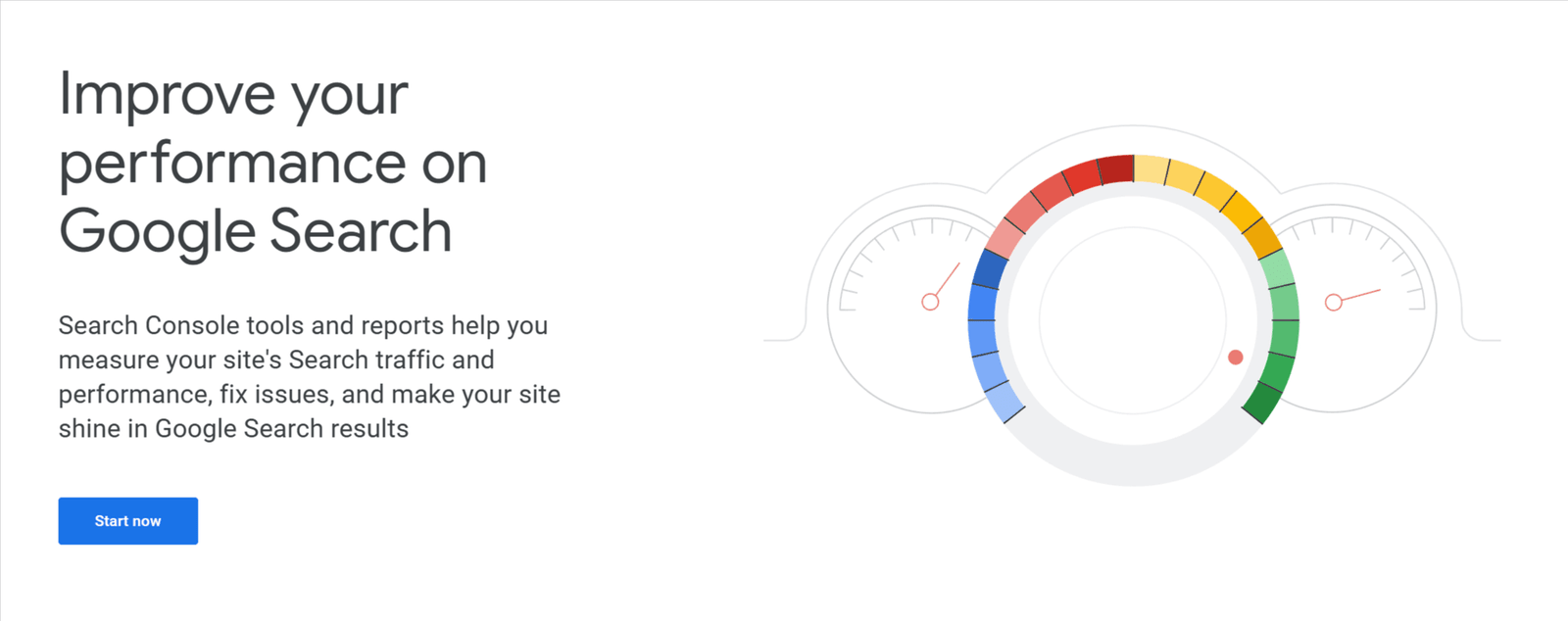
2. SEMrush
SEMrush is famous for its comprehensive capabilities. It’s a tool that neatly packages everything a beginner might need, from keyword research to competitor analysis. The user-friendly interface is particularly welcoming for those new to SEO. My initial encounter with SEMrush felt transformative as it provided a one-stop solution for various SEO requirements. SEMrush untangled the web of data, making information more digestible and less intimidating.

3. Moz’s Keyword Explorer
Moz’s Keyword Explorer is a robust tool that makes keyword research intuitive and straightforward. It ranks keywords by potential and relevance, making it a gem for beginners looking to understand search intent better. My time with Moz was marked by “aha” moments when the tool’s clarity about keyword potential helped me align my content with what my audience was actually searching for.

4. Ahrefs
Ahrefs is an essential name in the SEO toolkit. It offers everything from backlink analysis to site audit features. The supportive community surrounding Ahrefs is an added boon for beginners, packed with tutorials and advice. I found the in-depth yet accessible tutorials particularly instrumental in making sense of complex data. Ahrefs made the SEO journey feel less solitary with its wealth of resources.
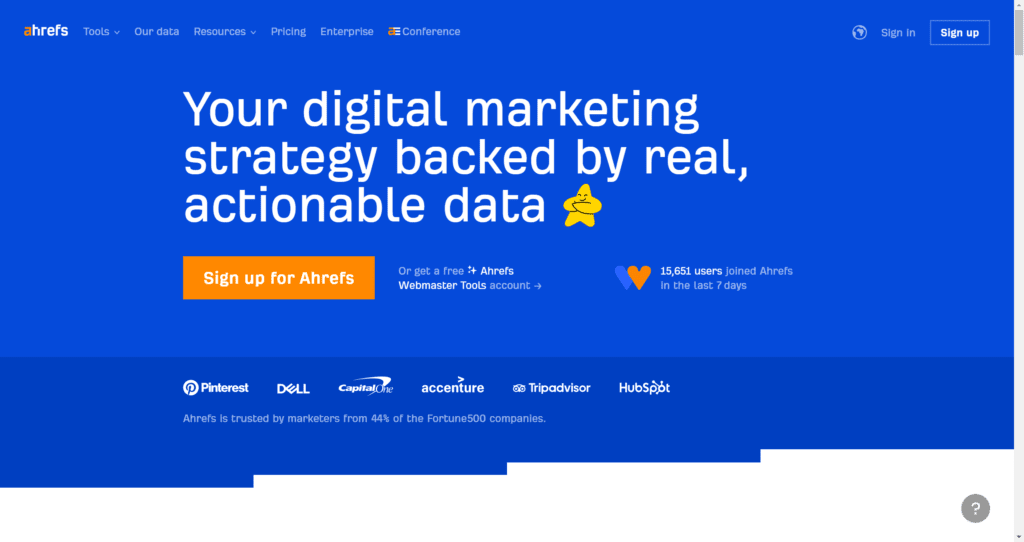
5. Yoast SEO Plugin
If you’re a WordPress user, Yoast SEO Plugin is invaluable. It’s a seasoned guide for on-page SEO, providing checklists and feedback as you write and edit content. Initially, I was apprehensive about SEO jargon, but Yoast broke down tasks into bite-sized steps. Every time I saw that green light for optimal SEO settings, it felt like a small victory.
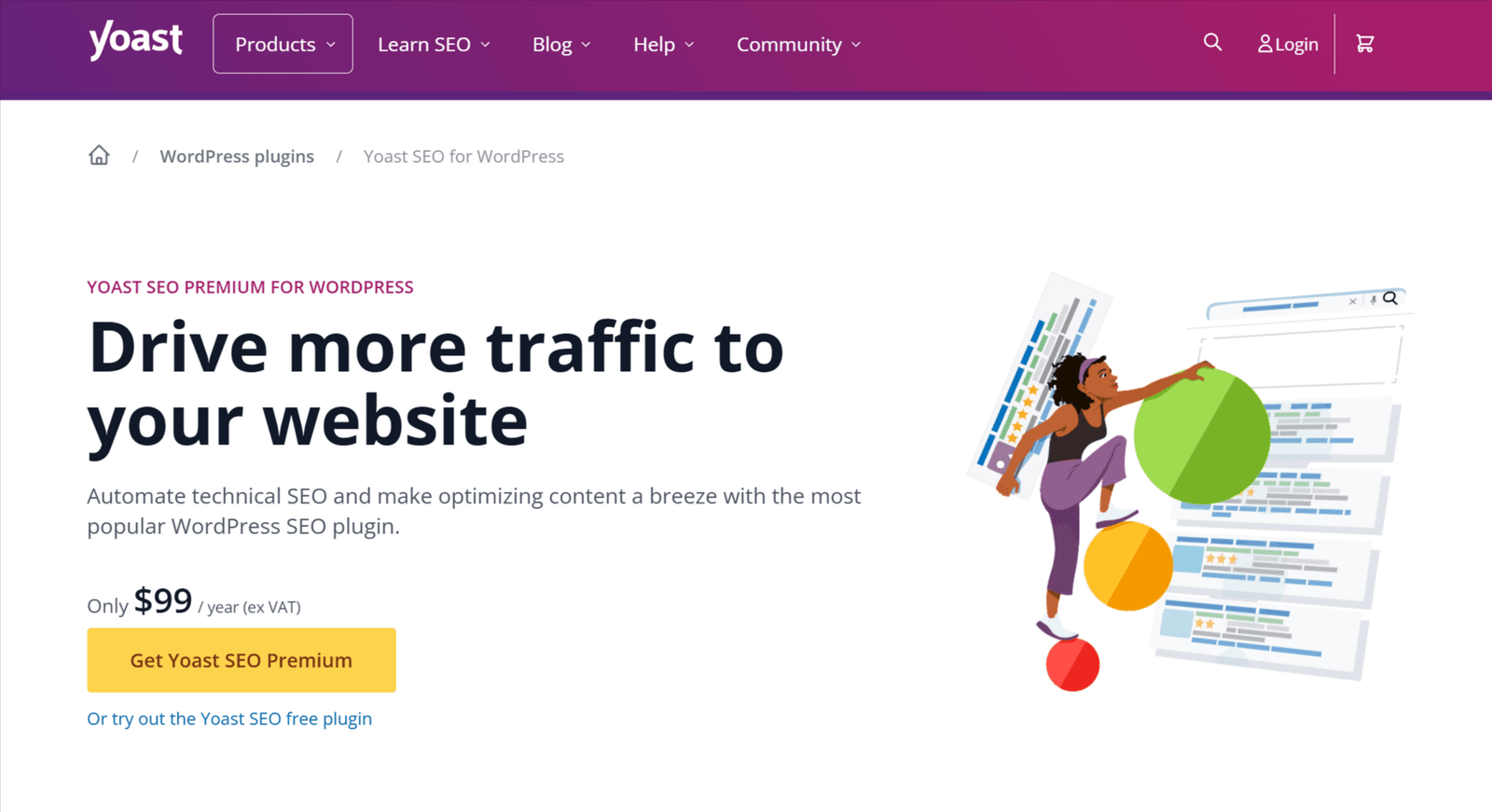
6. KWFinder
KWFinder simplifies the process of discovering long-tail keywords, crucial for driving niche traffic. It caters to those fresh to SEO by highlighting technical SEO aspects subtly. When I first attempted to pinpoint relevant keywords, KWFinder gave me a clear path, helping me see how targeted words could strengthen my content strategy.
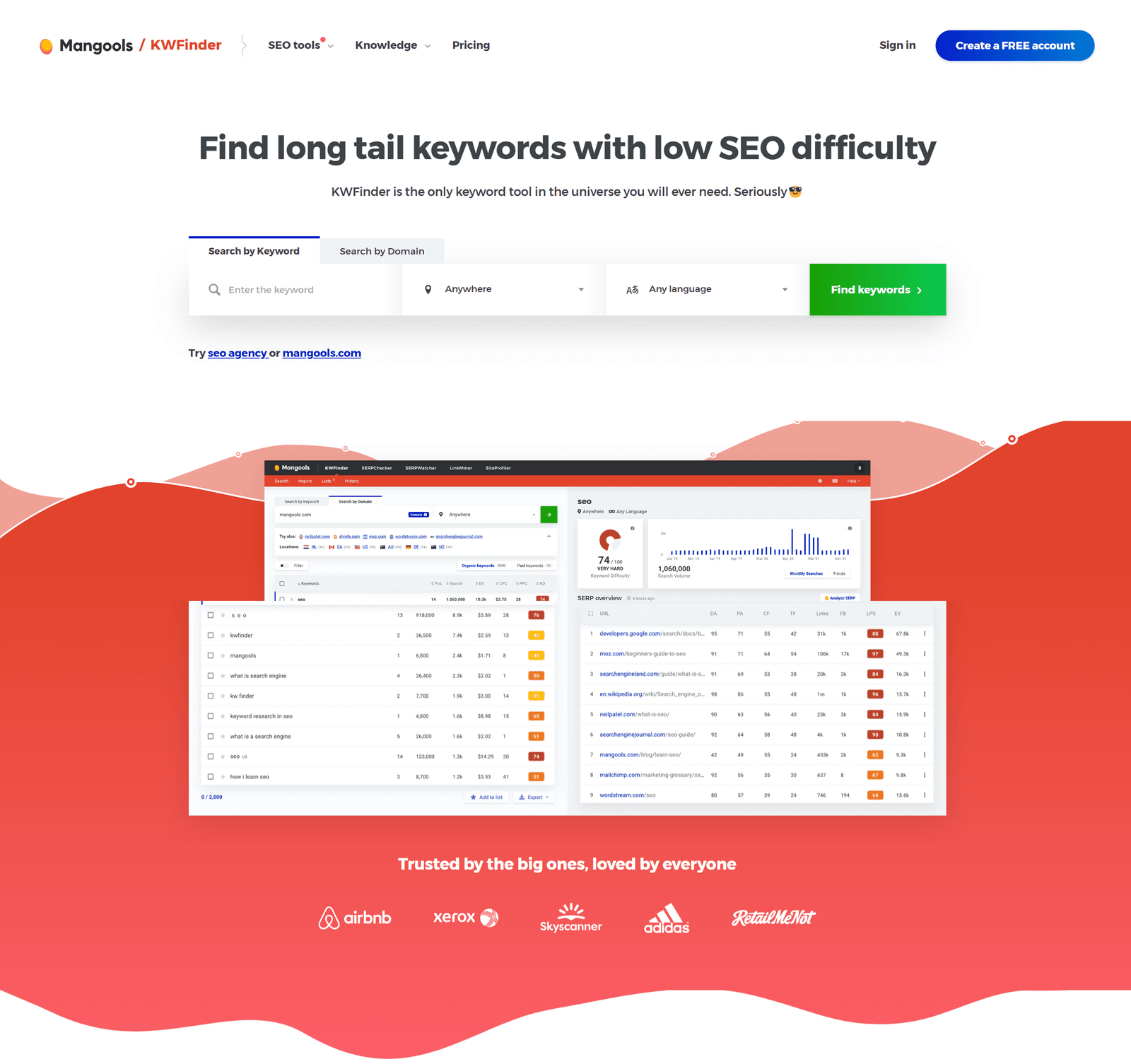
7. Ubersuggest
Presented by SEO expert Neil Patel, Ubersuggest combines keyword insights with competitive data in an easily digestible format. It’s budget-friendly, often offering insights for free. For me, Ubersuggest opened up avenues to tweak existing strategies without incurring costs, providing freedom in testing new ideas without financial risk.
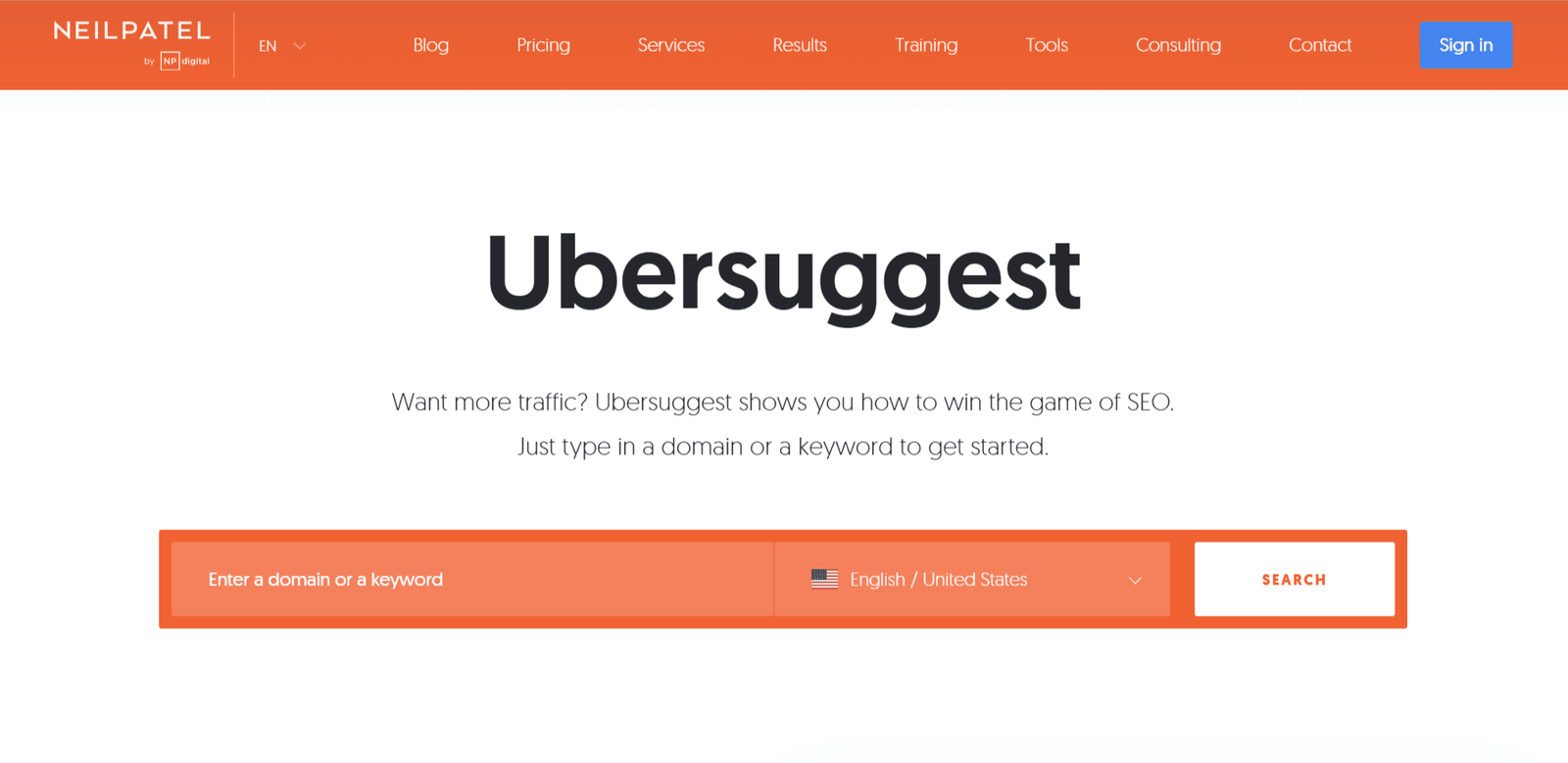
8. Answer The Public
This tool is all about leveraging question-based data for content ideas. It transforms queries into insightful visualizations, making it easy to see what questions people are asking about any topic. With Answer The Public, I found fresh angles to create content that resonated with my audience, ensuring my blog posts were answering relevant and timely questions.
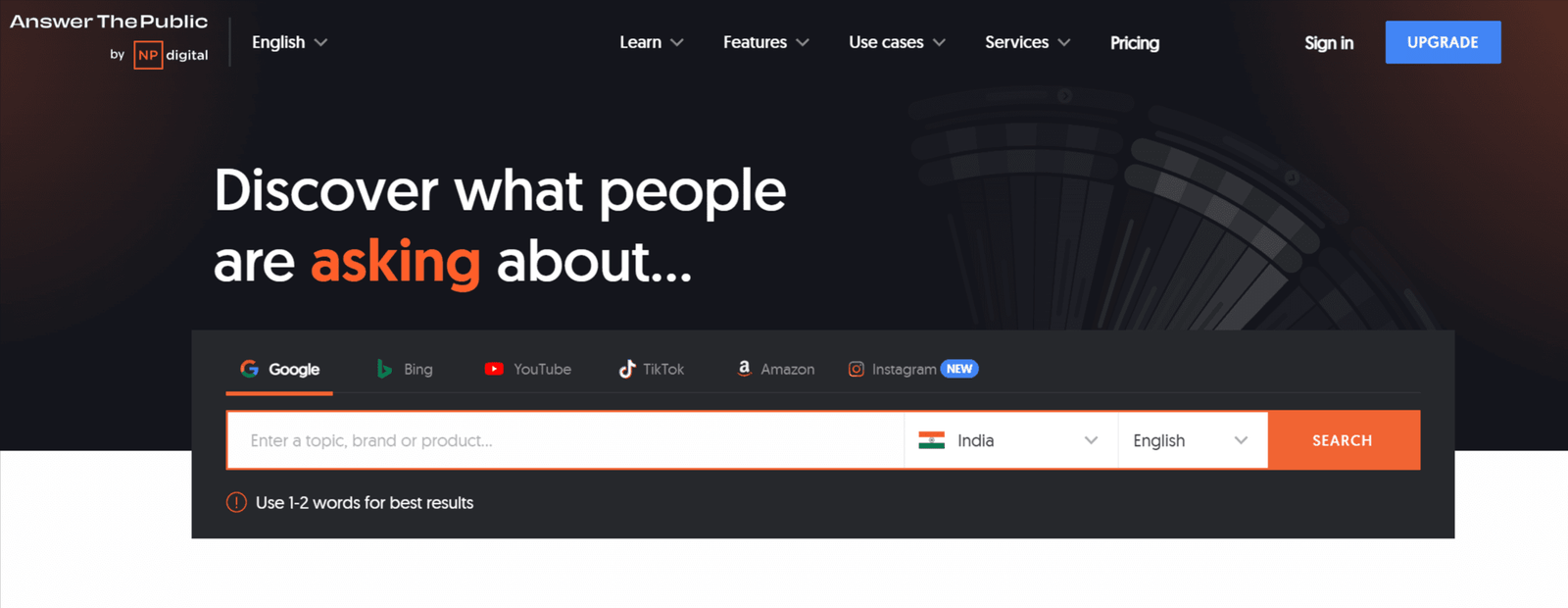
9. Google Analytics
No list of best beginner-friendly SEO tools would be complete without Google Analytics. It’s essential for understanding user behaviors and tailoring your site accordingly. The first time I combined data from Google Analytics with my content insights felt like uncovering a secret map to better engagement and traffic.

10. Rank Math Plugin
Rank Math Plugin is a formidable competitor to other SEO plugins, offering features that cater specifically to beginners. The tool’s interface and features guide users effortlessly through SEO tasks. If I were to decide between plugins today, Rank Math would definitely be a strong contender given how it balances features and simplicity.
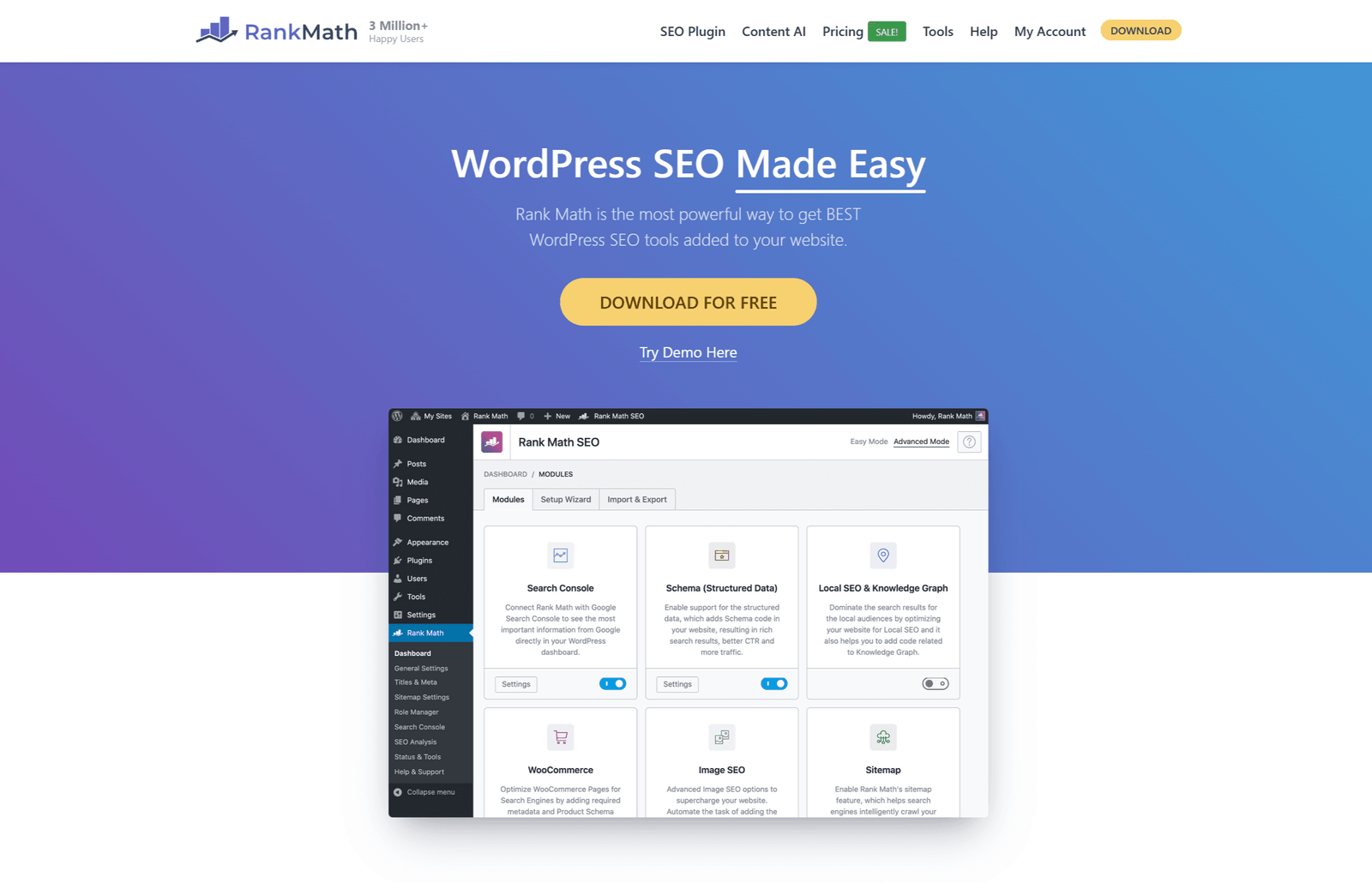
If you’re looking for additional tips and insights into the SEO world, you might find articles like SEO Tips for Real Estate helpful. Understanding these tools can significantly enhance your blog’s performance as you embark on your SEO journey.
FAQs: Understanding Beginner-Friendly SEO Tools
FAQs can be the starting line for many as they navigate the ins and outs of beginner-friendly SEO tools. Whether you’re curious about features, usage frequency, or relying on free resources, knowing the answers can guide your SEO journey. Let’s dive into some common questions that often come up in the realm of SEO tools.
What are the most important features to look for in an SEO tool?
When choosing SEO tools, certain features stand out as essential. Here’s what you should keep an eye on:
- Keyword Research: Crucial for understanding what terms will drive traffic to your site.
- Site Audit: Helps identify issues holding your site back from ranking well.
- Competitor Analysis: Offers insights into what strategies your competitors are using successfully.
- Analytics: Lets you track performance metrics over time, such as visits and engagement.
Prioritizing these features can ease the task of improving your online visibility. It’s about finding the tools that align with your goals. For more insights, SEO FAQs often cover these aspects in depth.
How often should I use these tools to maintain my blog?
Consistency with your SEO tools is key to maintaining the health of your blog. From my own experience, checking in on a weekly basis strikes a good balance. This regular usage keeps the insights fresh without being overwhelming. Also, keeping tabs on your analytics monthly can help identify trends and inform strategy adjustments. Just like any good habit, routine checks lead to better outcomes over time.
Can I rely solely on free tools for effective SEO?
Free tools can be a great starting point for those new to SEO. They often offer a decent range of features but come with limitations that may hinder more advanced needs. I started out with free tools myself, like Google’s own suite, which offered a solid foundation. If you’re a beginner, these can be instrumental in understanding the basics without financial pressure. Yet, as your site grows, considering a mix of free and paid options can expand your capabilities. Learn more about balancing tool types from this SEO FAQ.
How do these tools help improve website ranking?
SEO tools are like the compass for your online presence, guiding you towards higher ranking potential. They identify what works, what’s lacking, and where improvements can boost your visibility. For example, tools that track keyword performance reveal if your SEO efforts align with what real users are searching for. Each use is like a step up the ladder of better search rankings, aiming to appear more prominently to your audience. For further reading, you might find this SEO FAQ useful.
How much time should I dedicate to learning and using these tools?
The learning curve for SEO tools varies, yet dedicating specific times each week can enormously benefit your understanding and application of SEO strategies. From experience, carving out a couple of hours weekly for learning and practice strikes a good balance. Over time, this commitment feels less like a chore and more like an empowering step towards mastering SEO techniques. With each session, you’ll find yourself more intuitive in using these tools effectively.
FAQs can be the guiding star for many beginners. By addressing these common questions, your SEO journey becomes less of a mystery and more of a strategic adventure.
Conclusion
Choosing the best beginner-friendly SEO tools paves your path to online visibility. As I’ve navigated this journey, tools like Google Search Console or Ahrefs helped simplify complex concepts, transforming my approach to site optimization and content strategy. Each tool offers unique benefits, whether it’s simplified keyword research or competitor insights. Integrating these tools into your blogging can significantly enhance performance and engagement. Consistent practice with these resources is essential for tangible results and growth.
Consider future exploration of tools tailored to your evolving needs. Keep experimenting and adapting to remain effective in your SEO efforts.
Thank you for joining me on this exploration of SEO tools. Dive deeper, share your findings, and continue optimizing.


